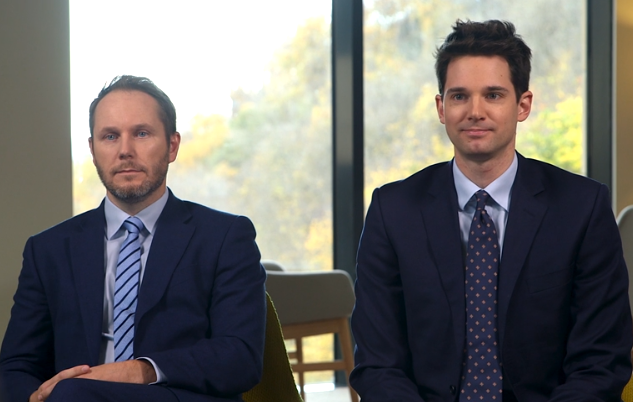Yesterday, Stephen Paice, co-manager of Baillie Gifford European Growth Trust, was one of the presenters at a webinar we held for professional investors centred on funds that have adopted a growth style of investing. Stephen was asked a few times yesterday about the macroeconomic influences on his portfolio – interest rates, inflation rates, trade wars and the like. His message was loud and clear, however, the stocks in the portfolio are there because they are the companies of tomorrow. Stocks in the portfolio should be capable of delivering superior long-term returns almost regardless of the economic and political backdrop.
Baillie Gifford European Growth has been managed by Baillie Gifford for almost six months now. It just published its interim report covering the six-month period to the end of March 2020. That report was a game of two halves, therefore. In the first couple of months, the trust was being run with a value style by the previous manager, Edinburgh Partners. The new BG team came in and sold almost the entire portfolio. The only stock that they kept was Ryanair, which was unfortunate given what has happened to that stock since, but entirely consistent with their growth style.
For investors, Europe hasn’t been the best place to be in recent months. Over the interim period, the Europe ex UK index returned -17.0% in sterling terms. BGEU did rather better than that – losing 10% – and shareholders also benefited from a narrowing of the discount, leaving them with a return of -7.3%. The managers wouldn’t be fans of me drawing attention to their short-term success, however. The clear emphasis is on the long term. They think that Baillie Gifford’s partnership structure is an enabler of long-term thinking.
That does not mean, as is the case with Ryanair, that external influences cannot have significant short-term impacts. The fund was fortunate in that it had relatively few companies exposed to areas such as travel, restaurants and retail – the areas that have been hardest hit by the lockdowns. It also tends to hold companies with strong balance sheets. Stephen though, sees a positive for the fund in that the lockdowns are accelerating the shift to ecommerce. The fund has exposure to many companies that are beneficiaries of this trend.
The trust is run with a very similar fashion to the managers’ open-ended fund. The closed-end structure gives them the ability to hold a few smaller companies and some unquoted stocks, however.
The unquoteds always attract a lot of attention, but Stephen says that progress in this area will take time and it may be a while before the 10% allocation is being used in full. He doesn’t think that the opportunities in the unlisted space in Europe are as great as they area in the US, for example. However, he does think that many innovative companies may choose not to list on an exchange at all – buying unlisted companies could be the only way to get access to their ingenuity.
Another trait that companies in the portfolio tend to have is that they are controlled or managed by their founding families. Stephen feels that this gives them a greater emphasis to long-term strategic thinking and a better approach to risk taking than some other companies.
Stephen thinks that the pandemic is creating an environment where strong companies will be able to gain additional market share and perhaps consolidate their markets through acquisition. It will be interesting to see if the pace of mergers and acquisitions activity picks up in the summer.
